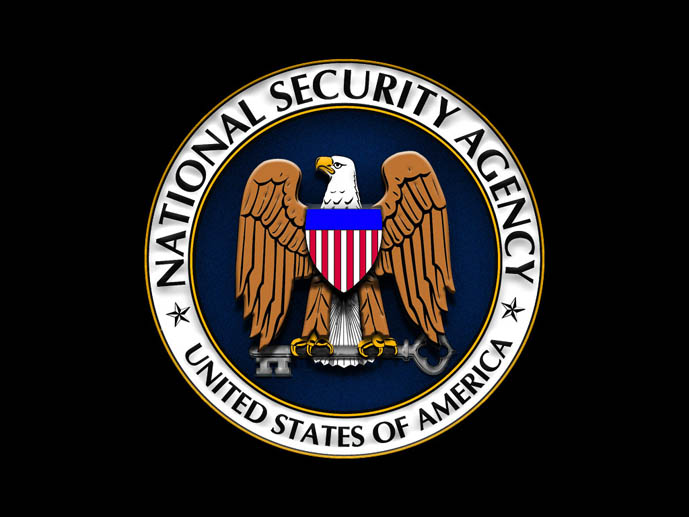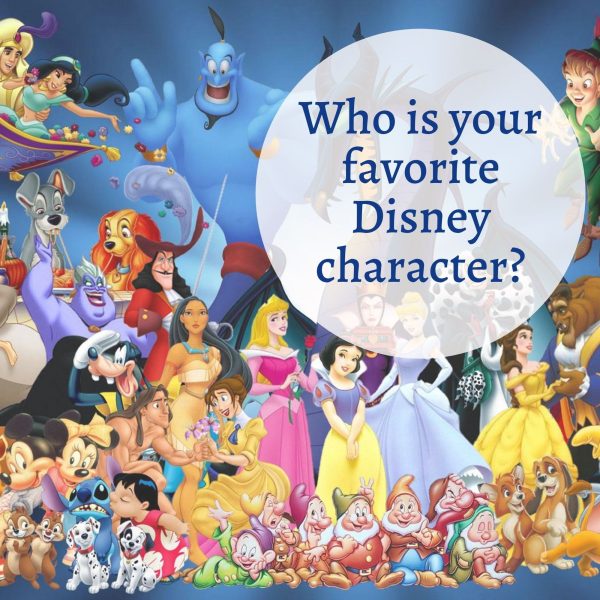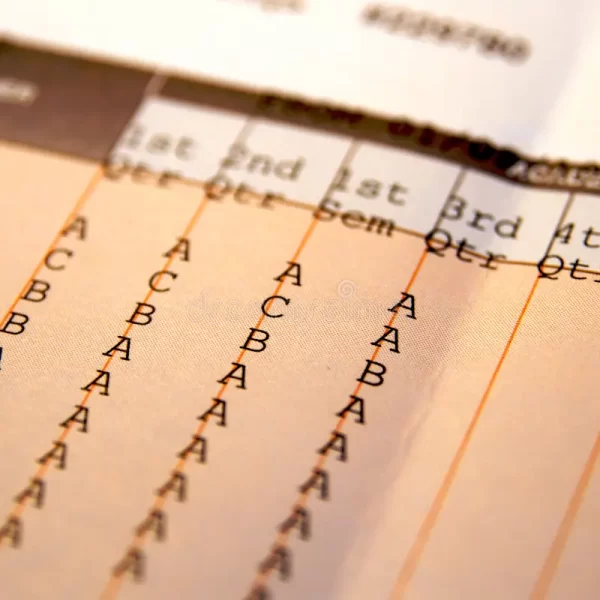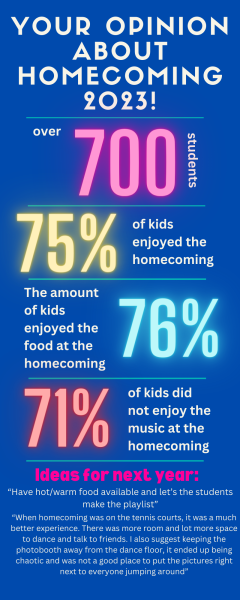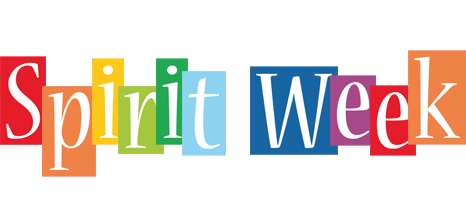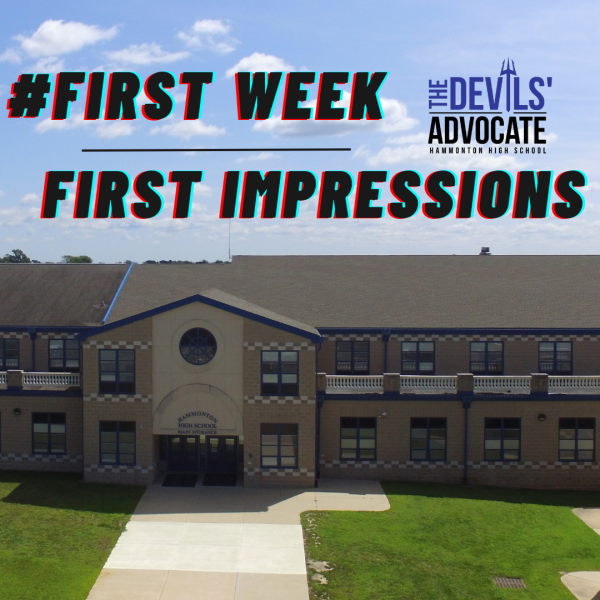NSA: National Security Agency or No Seclusion Agency?
With the overwhelming omnipresence of social media and the obsession over posting and tweeting personal information, privacy seems to have been put on the back burners, but a new pot is boiling up. Recent controversies with the National Security Agency have sparked a fire on the topic of privacy, and local residents are being affected.
The United States’ National Security Agency, commonly known as the NSA, originated from the Armed Forces Security Agency (AFSA) and was founded on May 20, 1949. The main purpose of the NSA is to keep close watch on terroristic activity by bugging electronic systems and essentially eavesdropping in order to ensure the safety of the public. They can also secretly monitor the public, but are only legally allowed to share or disclose any information that may suggest one is practicing terroristic activities.
A recent controversy involves the NSA wiretapping the cell phone of German Chancellor Angela Merkel plus several other high ranking officials in Spain. It is also known that the NSA keeps record of every phone call made on US soil and monitors many of them in an effort to prevent terroristic activity.
Many believe that the actions of the NSA are necessary for the protection of United States citizens, but others believe that they are out of control and have been abusing their power. Not only is this a national debate, but local communities such as Hammonton have felt the weighing effects of this recent privacy crisis. In a random polling of twenty-five Hammonton High school students, nineteen claimed to feel uncomfortable being monitored by the NSA, while the other six feel their presence is necessary for the public’s safety.
With the NSA breathing down the necks of US citizens, there is certainly a psychological aspect involved with how people will feel and react to the agencies actions. David Barbagallo, a psychology teacher at Hammonton High School, offered his assessment on how the general public handles such matters.
“Some individuals become far more paranoid, delusional, and fear persecution,” he said. “They feel as though the government is out to get them or take their information and use it against them, but if you go along with what the government is trying to say, they are using it for protection, not for defamation purposes. Psychologically speaking, I understand why people would be far more nervous in regards to using electronics or the internet, but people should be reminded that the government is doing what they believe is best for the general population.”
There is also a sociological aspect as to how people might be affected by the action of the National Security Agency. There is no standard when it comes to privacy, so different individuals and different cultures have different beliefs in regards to what privacy should consist of. Some feel that the NSA profiles people by race, gender, and religion, and that there is no such thing as equality in terms of privacy.
Daniel O’Malley, who teaches sociology at Hammonton High School, claims that “different cultures are stereotyped and various cultures are going to be profiled, and if they are profiled, they may get worse treatment. He explained, “In general, I think the NSA is out of control and usurping its boundaries. We live in a society that is too omnipresent, too 1984, too in your face, controlling every aspect of your life.”
Privacy has no standard, no set value, and no predetermined perspective. Even with all the laws in place, everyone seems to have their own unique view on how they want their privacy tailored to their own beliefs. Privacy has been an issue since the beginning of mankind, and the problems never seem to come to a resolve.
In a recent interview with Hammonton High School history teacher Jason Bendig, he revealed his thoughts on the notion of the discrete monitoring of the public.
“The fact that the NSA is spying on our allies and then getting caught doing it will prove to be a problem. Historically, they have always spied, but at least there was some kind of mutual respect between countries. Locally, I think it is an invasion of our privacy to monitor cell phone records especially if you are not doing something that is terroristic.”
Meanwhile, Bendig does note exceptions during times of crisis.
“When things go bad, people wind up giving up some of their rights, which is a scary thing. That’s why teaching history helps us learn that. It helps us learn not to freak out, not to panic, and most importantly not to throw away your rights as a citizen,” he explained.
Privacy, in any regard, can be a fragile liberty often infringed upon if not handled with precise care, so think twice before sending that next text or posting that next picture or returning that questionable phone call, because someone is always watching. A set of eyes and ears is never more than a click away from everything that is meant to be shared, and anything that is not.

